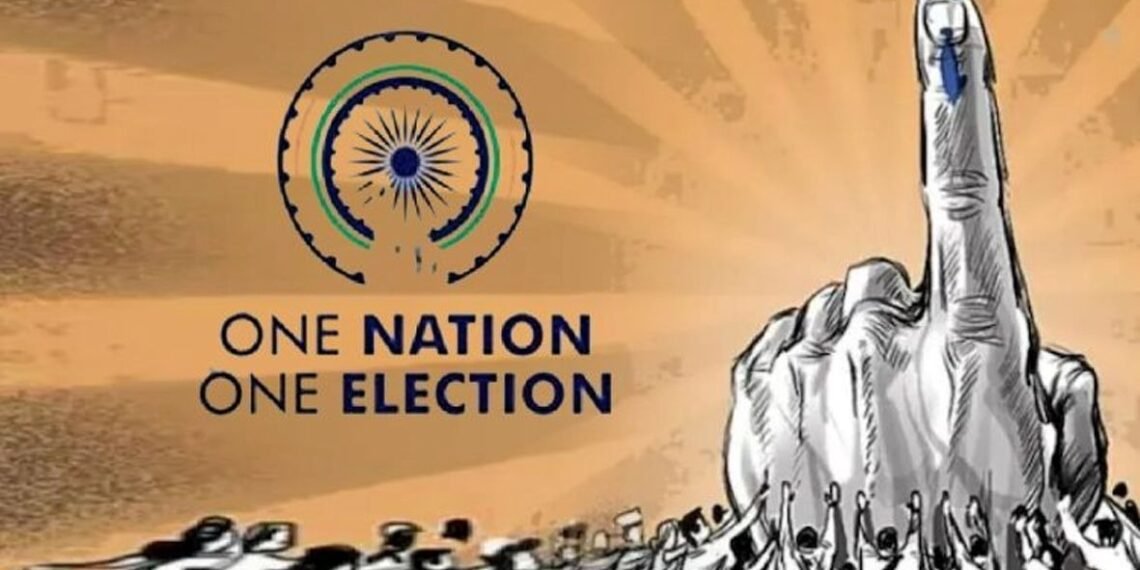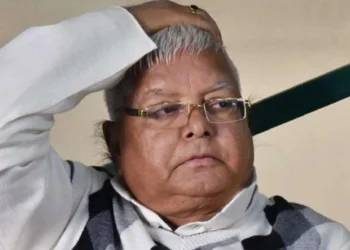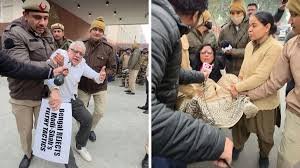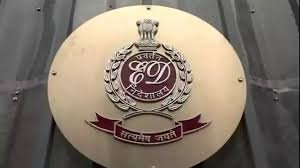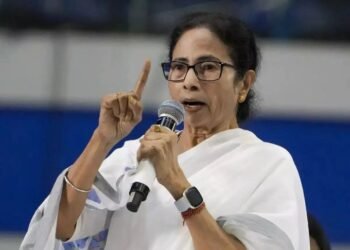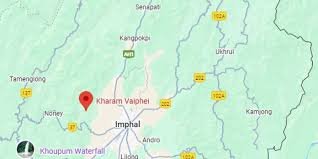Sources indicated that the government is preparing to present the ‘One Country, One Election’ Bill, possibly during the current or the next session of Parliament.
The legislation, intended to coordinate elections for the Lok Sabha and state assemblies, has been approved by the cabinet following the suggestions of the committee led by former President Ram Nath Kovind, indicating the government’s dedication to promoting the proposal.
To guarantee extensive discussion and establish a wide-ranging agreement, the government intends to refer the bill to a Joint Parliamentary Committee (JPC), sources noted. The JPC will hold in-depth conversations with delegates from every political party, highlighting the importance of a unified consensus on this groundbreaking initiative.
The government aims to engage a diverse array of stakeholders in the conversations. Representatives from all state assemblies will be asked to express their opinions, along with scholars, specialists, and civil society participants, sources added.
Also read: INDIA bloc to bring no-confidence again Dhankar
Furthermore, feedback from the general public will be requested, highlighting the government’s objective to promote inclusivity and transparency in the decision-making process.
Essential elements of the bill, such as its advantages and the logistical approaches for conducting simultaneous elections nationwide, will be carefully evaluated throughout the discussions.
By tackling possible obstacles and collecting varied viewpoints, the government aims to reach a nationwide agreement on the initiative.
The idea of ‘One Country, One Election’ has been promoted as an important change to lessen the expenses and disturbances linked to regular elections.
Although the government is hopeful about gaining broad support, the proposal is anticipated to ignite significant political discourse, as opposition parties are expected to voice worries regarding its viability and effects on federalism.
BJP member Gaurav Bhatia previously supported the One Nation One Election initiative, claiming that it would conserve people’s time and enable them to cast their votes all at once instead of twice.


